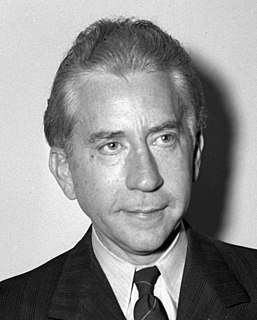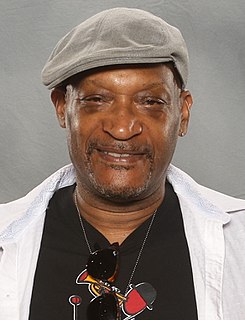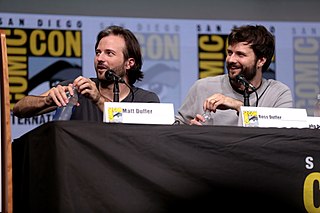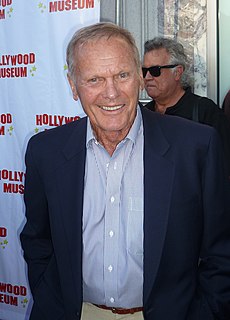A Quote by Martin Scorsese
When I was growing up in the mid-'50s, the Roaring Twenties were a huge part of the culture. There were a number of films and a bunch of television shows that dealt with the mythology of the underworld from that period.
Related Quotes
I looked back on the roaring Twenties - with its jazz, 'Great Gatsby,' and the pre-Code films - as a party I had somehow managed to miss. After World War Two, I expected something similar, a return to the period after the first war, but when the skirt lengths went down instead of up, I knew we were in big trouble.
Growing up, the major institutions were school and church. We were taught our culture was no good. We didn't have sundances. The last ones were in the 1940s and '50s. They're starting to come back now. Each reserve is starting to have a Big Lodge and a sundance ceremony. That's what's going to rebuild our people.
Belushi was one of my very first heroes. At a time when film, television, and music were undergoing tectonic shifts within American culture, he was at the center of it all. At that moment, he had the number one show on television, the number one film at the box office, and the number one record on the charts.
I think Hollywood has gone in a disastrous path. It's terrible. The years of cinema that were great were the '30s, '40s, not so much the '50s...but then the foreign films took over and it was a great age of cinema as American directors were influenced by them and that fueled the '50s and '60s and '70s.
Once in a while a good opportunity would come along, like the first 'Playhouse 90 ever to air - working in television afforded me my best opportunities. The (film) industry was going through such turmoil at the time - studios didn't know where to go anymore, they were falling apart, television was there. They didn't know what kind of films people wanted. The European films were making a huge impact because those films wanted real people in real situations.
Another factor is the education and culture in which you grow up. I didn't grow up in the culture of victory, where you are expected to be or have to be, the best. It was not at all like that in my family. Tennis was really a hobby. If it led to something, great. If not, there were other things in life. I think that was something I was missing at some points in my career, because when I see Hingis or the Williamses, you see how they were educated for this: to win, to be the best, a bit the American mentality. Number one. Number one. Number one. I didn't have this.





































